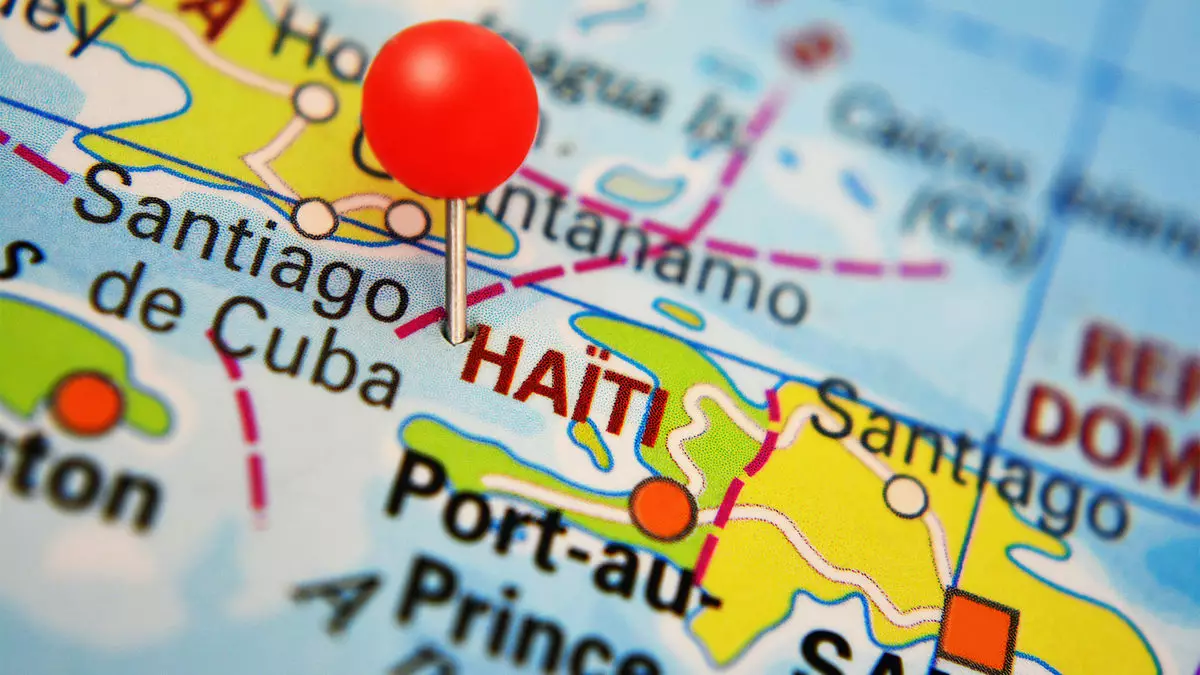Recent turbulence in Haiti’s security landscape has forced the Federal Aviation Administration (FAA) to take precautionary measures against the backdrop of escalating violence and unrest. On Monday, gunfire struck aircraft from Spirit and JetBlue as they approached Port-au-Prince, prompting the FAA to impose a 30-day prohibition on U.S. flights to Haiti. Additionally, this directive restricts operations in Haitian airspace below 10,000 feet, illustrating a significant shift in how U.S. authorities are handling the precarious situation in Haiti.
The aftermath of the FAA’s decision has led to immediate changes for the three U.S. airlines operating flights to Haiti: Spirit, JetBlue, and American Airlines. Spirit has taken the step of indefinitely suspending its flights from Fort Lauderdale to both Port-au-Prince and Cap-Haitien while it assesses the evolving security situation. This pause underscores the seriousness of the threat that commercial aviation faces in a region increasingly known for lawlessness and uncontrolled gang violence.
Adding to the alarm, a Spirit flight on November 11th was forced to divert to the Dominican Republic after gunfire impacted the aircraft during its landing approach. While there were no serious injuries among passengers, one flight attendant sustained minor injuries, confirming the dangers that airline staff and travelers face. This incident serves as a stark reminder of the risks that can compromise air travel anywhere, particularly in regions with unstable governance.
JetBlue faced a similarly alarming circumstance. Although its flight from Port-au-Prince to JFK on the same day did not report any immediate issues, a post-flight inspection revealed that its aircraft had been struck by a bullet. This fortunate discovery after the fact shines a light on the often invisible dangers inherent in global aviation. JetBlue has stated its commitment to investigating the incident in collaboration with relevant authorities, underlining the airline’s proactive stance in confronting these unexpected challenges.
The increase in violence in Haiti is not simply a temporary flare-up; it is a symptom of more profound systemic issues that have plagued the nation since the assassination of President Jovenel Moise in 2021. The lack of effective governance and rising gang influence have contributed to an environment where safety appears increasingly elusive. The recent announcement of a new prime minister, Alix Didier Fils-Aimé, comes at a critical juncture, as the government grapples with the enormity of its security problems amidst international scrutiny and concern.
As U.S. airlines temporarily halt operations to Haiti, it becomes evident that the international community must also examine its response to the crisis. The FAA’s decision reflects an urgent call for heightened vigilance, not just from the airlines but from governments and organizations engaged in humanitarian and developmental efforts within Haiti. Enhanced international cooperation is essential to ensure the safety of not just civilian air travel but also to address the root causes of the chaos that has engulfed the nation.
The recent disruptions in air travel to Haiti exemplify the far-reaching consequences of political instability and violence. As the situation continues to evolve, it is imperative for all stakeholders to remain vigilant and proactive, ensuring the safety of travelers and working towards restoring order in a troubled nation.


Leave a Reply